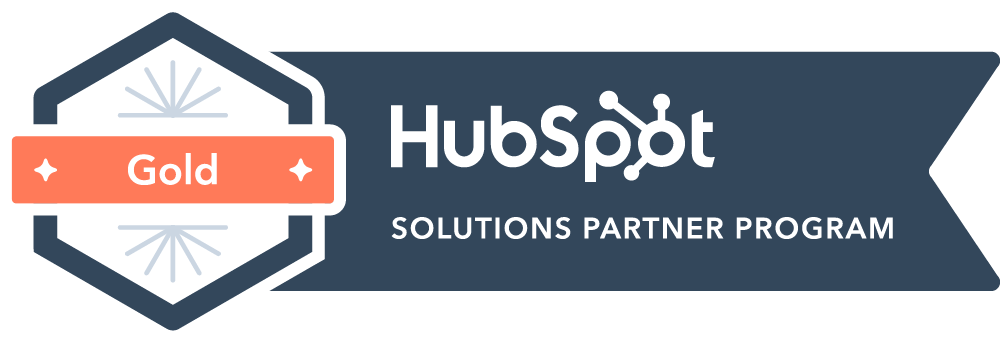Last night I attended an event at NFT.NYC hosted by Friends of Medicine. NFTs, or non-fungible tokens, are unique digital assets that represent ownership or proof of authenticity for a particular item. I had always associated NFTs with digital art, collectibles, even finance–but not medicine. I was surprised and interested to learn that they are now finding applications in the healthcare space. I thought I would share the top 5 ways NFTs are being used in the medical field:
1. Medical records and patient data: This is a big one. NFTs can be used to represent a patient's medical records, including their health history, lab results, and imaging studies. This allows for easy access and sharing of patient information among healthcare providers while maintaining data security and privacy. Patients can have control over their data and provide selective access to doctors or medical institutions.
2. Medical research and intellectual property: NFTs can be used to represent the ownership and attribution of medical research, discoveries, and inventions. This can help protect intellectual property rights and facilitate licensing and royalty agreements between researchers, institutions, and pharmaceutical companies.
3. Medical education and training: NFTs can be utilized to verify and track the completion of medical courses, certifications, and continuing education credits. This can help maintain the integrity of medical credentials and simplify the process of verifying qualifications for employers or licensing boards.
4. Personalized medicine and genomics: NFTs can be used to represent unique genetic information, enabling individuals to securely share their genomic data with researchers or pharmaceutical companies for personalized treatments and therapies. This can help advance the field of precision medicine while ensuring data privacy.
5. Medical supply chain: NFTs can be used to track the origin, production, distribution, and administration of medical supplies, including pharmaceuticals and medical devices. This can help ensure the authenticity and safety of medical products, prevent counterfeiting, and optimize supply chain efficiency.
It's important to note that the use of NFTs in medicine is still in its early stages, and several challenges need to be addressed, such as data privacy, regulatory compliance, and interoperability with existing healthcare systems. However, as the technology matures and gains wider acceptance, the potential applications of NFTs in medicine could continue to grow.


-3-2.png?width=1060&height=675&name=Untitled%20design%20(3)-3-2.png)


.svg)
.svg)





